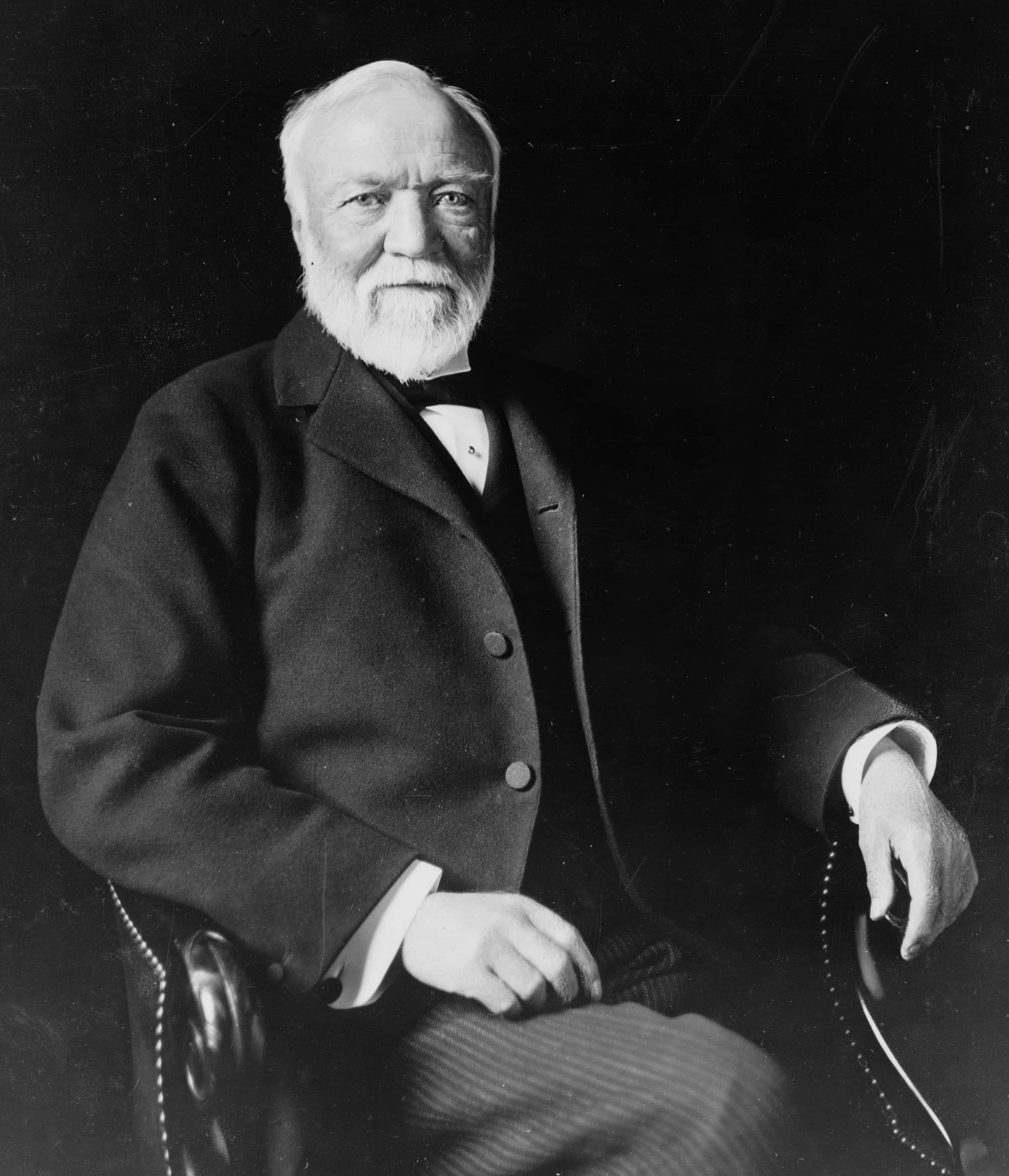 I’ve always found my host father Thierry’s fascination with Andrew Carnegie odd. Why would a Frenchman admire an American steel titan? There are certainly powerful figures in French history from kings and emperors (Henri IV, Louis XIV, Napoléon) to artists (Louis-David, Rodin, Picasso) and writers (Sartre, Baudelaire, Hugo), but can anyone name a French businessman? I can’t. Who runs Airbus?
I’ve always found my host father Thierry’s fascination with Andrew Carnegie odd. Why would a Frenchman admire an American steel titan? There are certainly powerful figures in French history from kings and emperors (Henri IV, Louis XIV, Napoléon) to artists (Louis-David, Rodin, Picasso) and writers (Sartre, Baudelaire, Hugo), but can anyone name a French businessman? I can’t. Who runs Airbus?These thoughts came to me yesterday as I read David Brooks's column in The New York Times. Writing about the future of American capitalism in the face of this discrediting financial crisis, Brooks, like many before him, put the American Dream in the context of Andrew Carnegie’s Gospel of Wealth. As some claim this crisis has cracked the foundation of American capitalism, Brooks argues that each successive depression has only furthered our commitment to enterprise. It is during trying times that we seek out those rags-to-riches stories embodied by Andrew Carnegie to reaffirm our faith in the American Dream: that wealth, riches, and, most importantly, happiness rest on the horizon for those who work hard enough to find them.
But in France, where the term for middle-class (bourgeois) has become synonymous with empty materialism and passé values, it makes sense for any French businessman to look elsewhere for inspiration. The poor and the wealthy in France look down on the bourgeoisie. They are a hunted class. Even as the landed aristocracy of France eschewed business and pissed away their savings believing commerce and trade to be the games of the middling classes, the term remained pejorative.
While we use the word bourgeois in English and its meaning is pejorative as well, someone was smart enough to brand our commitment to free enterprise as the American Dream, and oh how lucky we are to have placed our faith in capitalism right there in the fabric of our own society (or are we?). While the French may look down on a Carnegie, we idolize him.
The difference between the rêve bourgeois and the American Dream as I framed it earlier, rests in the concept of happiness. The bourgeois dream is materialism for accumulation, but the end point of the American Dream is not the house in the suburbs, the two car garage, and 3 children, but the happy life you live together in sepia-toned photographs of 1950s perfection (a note for skeptics of the American Dream:

Interestingly, Nicolas Sarkozy was elected in 2007 promising a new rêve français. He wanted to commit France to growth and expansion to cure the country’s economic stagnation and high rate of unemployment. But his measures have been met with major criticism and his approval rating hovers around 40%. And tomorrow another set of strikes are planned to protest countless numbers of reforms aimed at changing the make-up of the French economy, putting another dent in the rêve français. And I'm fine with the country not putting a great emphasis on capitalism. The French can do what they do best and I can sit back content to indulge in their culture and history. But strikers, since you have made that choice, why do you continue to complain?

No comments:
Post a Comment